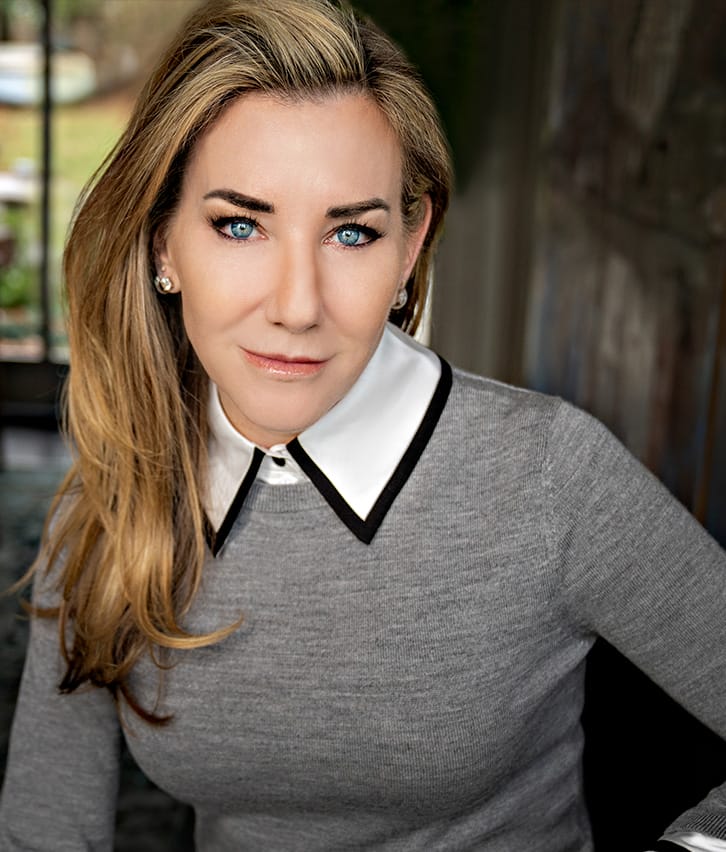Crisis brings out the worst in people. But it also brings out the best in people.
What if it brought out the best in you, your team, your company?
What if you could get to the other side of this crisis knowing that in the greatest hour of need of those who rely upon you, you did, in fact, have, as Churchill called it, your “finest hour?”
You can. And the answer is simple: be of service, be you, be better.
The first part of the equation — Be of Service — demands that we finally reconcile that we can hold both altruism and strategy in our hands at one time. We’ve often been told that one comes at the price of the other, but this crisis will show us that each can not just peacefully coexist but actually augment the other.
In an environment where current money is scarce, where deals are not being inked, where bleeding is being stemmed, and cuts are more prevalent than growth, there is no need to focus on maximizing today’s revenue. The revenue that is there, or proximate, is what there is. Land grabs won’t yield much more than frustrated energy, and leaders pursuing this path will look selfish at best.
On the other hand, opportunities to be of service are plentiful.
Think about your business. What can you do, today, this week, this month, for free or low-cost for others? If your work, like mine, is dead in the water, you aren’t making any money now anyway. And, you are panicking on a daily — hourly? — basis. So, what can you offer to others that provide value, gives them some help, demonstrates your brilliance? You can always charge later, but successful leaders will use this time to be of service. It will help your heart, it will show your character, it will bond you to your employees and customers in true and authentic ways. And, they’ll remember it tenfold in the future when money is flowing again.
In other words, future money is worth more than current day money.
The second piece of the equation is to be you.
Leaders are asked to be perfect more often than not. We are told that we must always know what to do, what to say, how to act, how to react. This new world didn’t come with a User’s Manual. And, there is no way to get it perfectly right. Being you is the only thing that you know how to do, and leaders who show humanity, even if it lacks grace or poise or confidence at times, will win the day.
So, how do you Be You? Drop the figurative (and literal) green screen.
For 15 years, I sold executive search. I sold an impeccable read of talent honed through years of Jewish Mothering and witchblood genetic evolution. I sold a deep and wide research function the likes of which the CIA would envy. I sold a teeming database, a “little black book” which would make The Fonz chew his fist.
But, most of all, what I really sold was trust.
Every search firm who lined up in the waiting room walked in to pitch the search committee and gave, in some form or another, the same presentation: we’re smart, we’re deep, we’re fast, we’re, at the very least, equal to the value proposed in our price. And, it was all true. We operated amongst the elite, the best and the brightest, the most qualified to do this work in the exceptional ways our clients deserved and demanded.
In the end, it came down to one thing above all else: Who did the client trust?
We are all in crisis. We are all stressed. We are all on quarantined sands that seem unrecognizable one day to the next.
And, yet, there is also a rush to appear like we’ve got it all together, like we are perfect. We are green screening away our personalities and trying to look as if we are unaffected by this axis-tilting event. Frankly, this approach helps no one.
I’d like to see your bookshelf. I’d like to see your 5K medals. I’d like to see your family pictures. I’d like to see your art. I’d like to see your puppy. I’d like to see your backyard view. I’d like to see your neglected pile of laundry (because then I’ll feel better about mine).
I’d like to see you.
Extroverts need the connection and the ability to rout around in your life. Introverts (like me) need the voyeuristic opportunity for conversation starters, the discovery of which are so otherwise exhausting to purchase. Humans, of all stripes, need to be human. And, your efforts to hide that through polished perfect green-screened lives are no better than carefully curated social media posts of a life or business personality that isn’t real.
Your efforts to hide who you are leave your isolated team lonelier than before, for the effort placed to keep our connection at bay is all the more obvious and intentional now. It’s not that I realize I don’t know you. It’s that I realize you never wanted me to in the first place.
The final piece of the equation is to Be Better.
No, that’s not meant in some rise-to-the-equation successories type meme. It means that you will assuredly get better at one thing during this crisis, and that’s change. Change is stressful, change is scary, change is often avoided at all costs even though leaders are brought in with the specific mandate to enact just that.
Here’s a silver lining of COVID-19: we all are going to have to get comfortable being uncomfortable. And, that’s going to make everyone better: better at change.
This crisis is a war, not a battle. And, like in any war, the key to completion is getting deep into the cave of suffering and making friends with its hobgoblins. Play the long game, practice grace, know that everyone gets to the finish line at their own time, in their own finest hour. And, when they do, they’ll have been through the rubicon and realized that change didn’t kill them, but made them stronger.
Together, apart, we will lead each other through this.
This article was written specifically for the new book, “Leadership in the Time of Crisis: The Way Forward in a Changed World,” now available on Amazon. It was brilliantly crafted by the Marshall Goldsmith 100 Coaches, and compiled by Marshall Goldsmith and Scott Osman both with permission to print by RosettaBooks. What a timely message for leaders navigating during this unprecedented time in history.
Want more inspiration like this?



